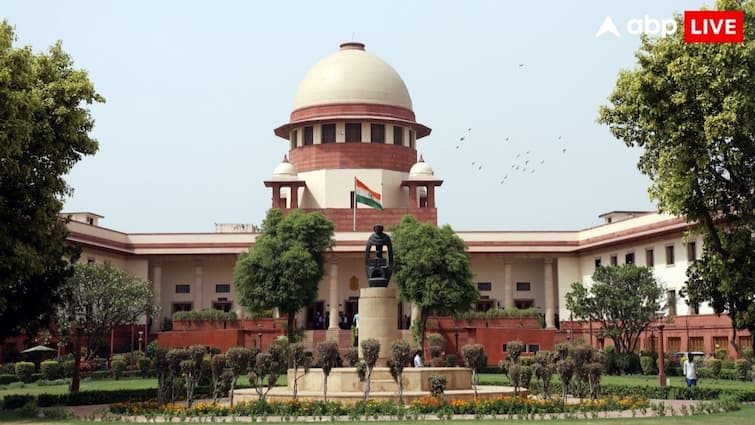The Supreme Court on Monday voiced strong concern over delays by High Courts in delivering judgments after hearings have concluded, calling the practice “extremely shocking and surprising”. A Bench of Justices Sanjay Karol and Prashant Kumar Mishra made the remarks while hearing appeals filed by Ravindra Pratap Shahi, reported legal news website Bar and Bench.
Shahi had challenged the interim orders of the Allahabad High Court in a criminal case that has been pending since 2008.
The case highlights a larger problem. Shahi’s criminal appeal was fully heard and reserved for orders by a Division Bench of the Allahabad High Court on December 24, 2021. Yet no judgment was delivered for nearly a year, despite repeated requests for early disposal. Eventually, the matter had to be placed before another Bench.
“This Court is repeatedly confronted with situations where judgments are kept pending for months, sometimes even years,” the Bench noted, stressing that such delays undermine the very foundation of the justice system.
The judges recalled their earlier ruling in Anil Rai v. State of Bihar, where the Supreme Court had emphasised that timely pronouncement of judgments is central to justice delivery. Delayed verdicts, the Court observed, create uncertainty, prolong litigation, and erode public trust.
To address the issue, the Court issued fresh directions for strict monitoring:
- Registrars of every High Court must prepare a monthly report listing all cases where judgments were reserved but not delivered during that month. The report must be sent to the Chief Justice of the concerned High Court.
- If a judgment is not delivered within three months, the Registrar General must place the matter before the Chief Justice, who will then direct the Bench to pronounce it within two weeks.
- If the order is still not delivered, the case must be reassigned to another Bench.
“These directions are in addition to those already issued by this Court in Anil Rai,” the judges clarified. A copy of the ruling has also been sent to all Registrar Generals of High Courts for compliance.



